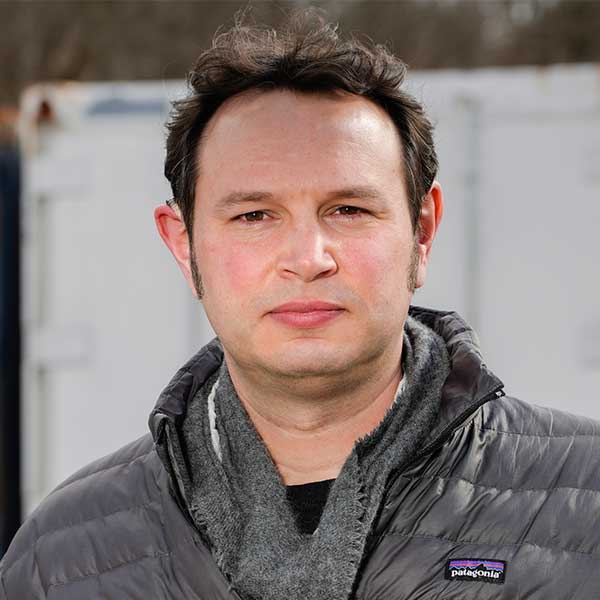Andrew Davies He/Him
Research
Are microplastics a vector for organic pollutants and disease in marine food webs?
Establishing the spatial and temporal distribution of microplastics within Narragansett Bay
Mapping plastic from shoreline to seafloor: Narragansett Bay
Multiple anthropogenic stressors on oyster performance
Systematic assessment of plastic waste in freshwater systems within Rhode Island

Associate Professor in Biological Sciences
Over the past 15 years, Davies has experienced studying marine organisms, their habitats and interactions with changing conditions around them. His research revolves around big data, modeling and mapping with skillsets in field sampling, experimental design, advanced data analysis and data visualization. Davies works primarily on reefs, using a mixture of natural history observation, experimentation and novel technologies to untangle the ecology of these enigmatic habitats. Currently, he is interested in microplastics and where they are found, how they are transported and how marine organisms interact with the plasti-sphere. Davies collaborates with industry, NGOs, academics of all disciplines and across all oceans.
“Understanding the distribution and eventual fate of plastics as they travel from source to sink is a vital part of understanding probable environmental impacts in marine systems. My research group and colleagues utilize field surveys, sensors and models to better understand the spatio-temporal distribution of plastics in our ocean and coastal ecosystems. For example, if we do not know where they are, where they go and how they are modified during transport, how are we to best manage plastic pollution or assess potential ecosystem impacts?”
Research
Are microplastics a vector for organic pollutants and disease in marine food webs?
Establishing the spatial and temporal distribution of microplastics within Narragansett Bay
Mapping plastic from shoreline to seafloor: Narragansett Bay
Multiple anthropogenic stressors on oyster performance
Systematic assessment of plastic waste in freshwater systems within Rhode Island
Links
Header image credit: Jasmin Sessler

